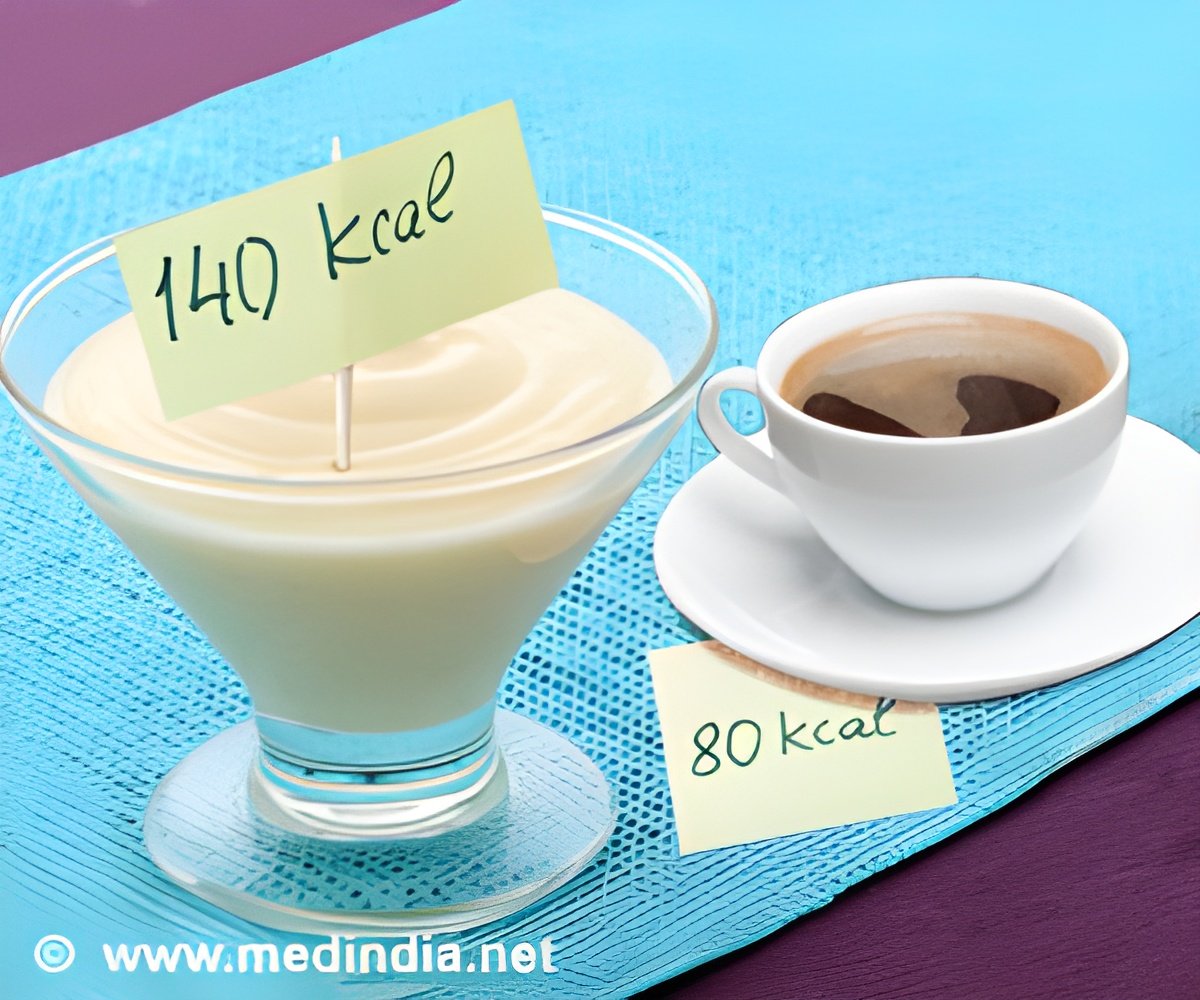
Data for the study were gathered from 20 public middle schools and high schools in the Minneapolis-St. Paul metropolitan area of Minnesota as part of the population-based study, Eating and Activity in Teens (EAT 2010). Surveys and anthropometric measures were completed by 2,793 adolescents during the 2009-2010 school year. Mean age of the participants was 14.4 years, participants were equally divided by gender, and 81 percent identified as a racial/ethnic background other than non-Hispanic white.
Among the measured variables in this study were height and weight; consumption frequency for sports drinks, energy drinks, and breakfast; time spent engaged in physical activity, playing video games, and watching television; and smoking status. Although sports drink consumption was linked to higher levels of moderate-to-vigorous physical activity and sport participation, the overall pattern of associations indicated that sports and energy drink consumption should be addressed as part of a clustering of unhealthy behaviors among some adolescents.
Of note, "among boys, weekly sports drink consumption was significantly associated with higher TV viewing; boys who regularly consumed sports drinks spent about one additional hour per week watching TV compared with boys who consumed sports drinks less than once per week," said lead author Nicole Larson, PhD, MPH, RDN, Division of Epidemiology and Community Health, School of Public Health, University of Minnesota, Minneapolis. As another example, "boys who consumed energy drinks at least weekly spent approximately four additional hours per week playing video games compared to those who consumed energy drinks less than once per week."
The American Academy of Pediatrics recommends that sports drinks should be consumed by adolescents only after vigorous, prolonged activity, and that energy drinks should not be consumed because they offer no benefit and increase risks for overstimulation of the nervous system. Future research and interventions should target the clustering of related health risk behaviors and pursue more education to promote healthy hydration habits among youth.
NOTES FOR EDITORS
"Adolescent Consumption of Sports and Energy Drinks: Linkages to Higher Physical Activity, Unhealthy Beverage Patterns, Cigarette Smoking, and Screen Media Use," by Nicole Larson, PhD, MPH, RDN; Jessica DeWolfe, MPH; Mary Story, PhD, RD; Dianne Neumark-Sztainer, PhD, MPH, RD , Journal of Nutrition Education and Behavior, Volume 46/Issue 3 (May/June 2014), published by Elsevier.
Advertisement
An audio podcast featuring an interview with Dr. Nicole Larson and information specifically for journalists are located at www.jneb.org/content/mediapodcast. Excerpts from the podcast may be reproduced by the media; contact Eileen Leahy to obtain permission.
Advertisement
The Journal of Nutrition Education and Behavior (JNEB), the official journal of the Society for Nutrition Education and Behavior (SNEB), is a refereed, scientific periodical that serves as a resource for all professionals with an interest in nutrition education and dietary/physical activity behaviors. The purpose of JNEB is to document and disseminate original research, emerging issues, and practices relevant to nutrition education and behavior worldwide and to promote healthy, sustainable food choices. It supports the society''s efforts to disseminate innovative nutrition education strategies, and communicate information on food, nutrition, and health issues to students, professionals, policy makers, targeted audiences, and the public
The Journal of Nutrition Education and Behavior features articles that provide new insights and useful findings related to nutrition education research, practice, and policy. The content areas of JNEB reflect the diverse interests of health, nutrition, education, Cooperative Extension, and other professionals working in areas related to nutrition education and behavior. As the Society''s official journal, JNEB also includes occasional policy statements, issue perspectives, and member communications.
ABOUT ELSEVIER
Elsevier is a world-leading provider of scientific, technical and medical information products and services. The company works in partnership with the global science and health communities to publish more than 2,000 journals, including The Lancet and Cell , and close to 20,000 book titles, including major reference works from Mosby and Saunders. Elsevier''s online solutions include ScienceDirect , Scopus SciValReaxys , ClinicalKey ) and Mosby''s Suite , which enhance the productivity of science and health professionals, helping research and health care institutions deliver better outcomes more cost-effectively.
A global business headquartered in Amsterdam, Elsevier (www.elsevier.com) employs 7,000 people worldwide. The company is part of Reed Elsevier Group plc (www.reedelsevier.com), a world leading provider of professional information solutions. The group employs more than 30,000 people, including more than 15,000 in North America. Reed Elsevier Group plc is owned equally by two parent companies, Reed Elsevier PLC and Reed Elsevier NV. Their shares are traded on the London, Amsterdam and New York Stock Exchanges using the following ticker symbols: London: REL; Amsterdam: REN; New York: RUK and ENL.
Source-Newswise














